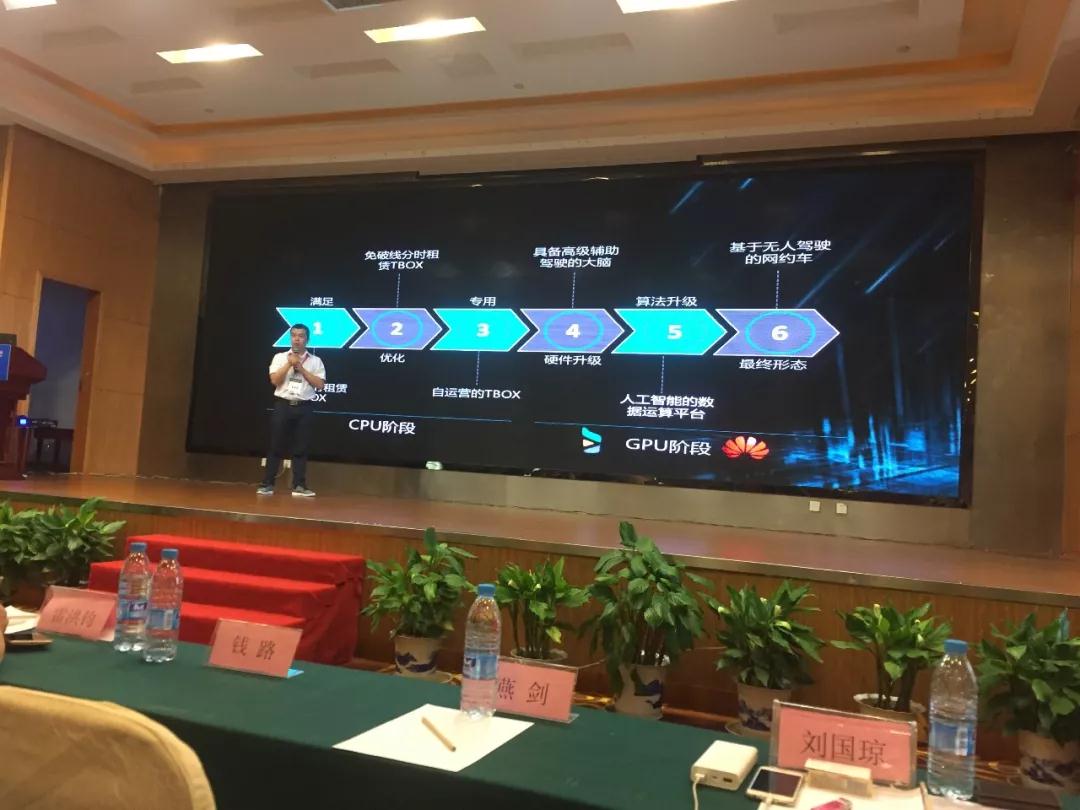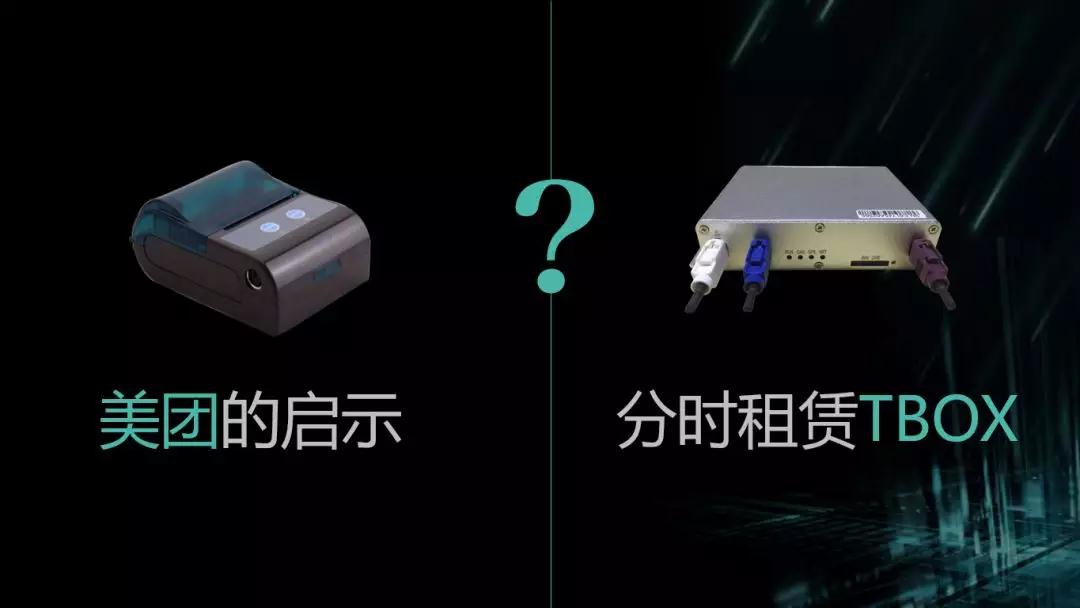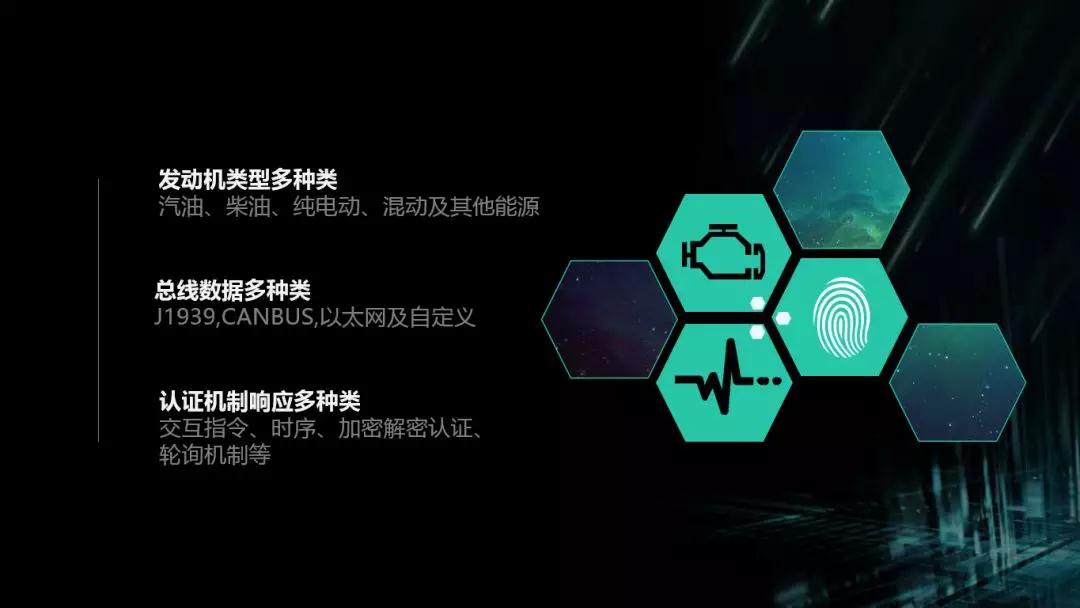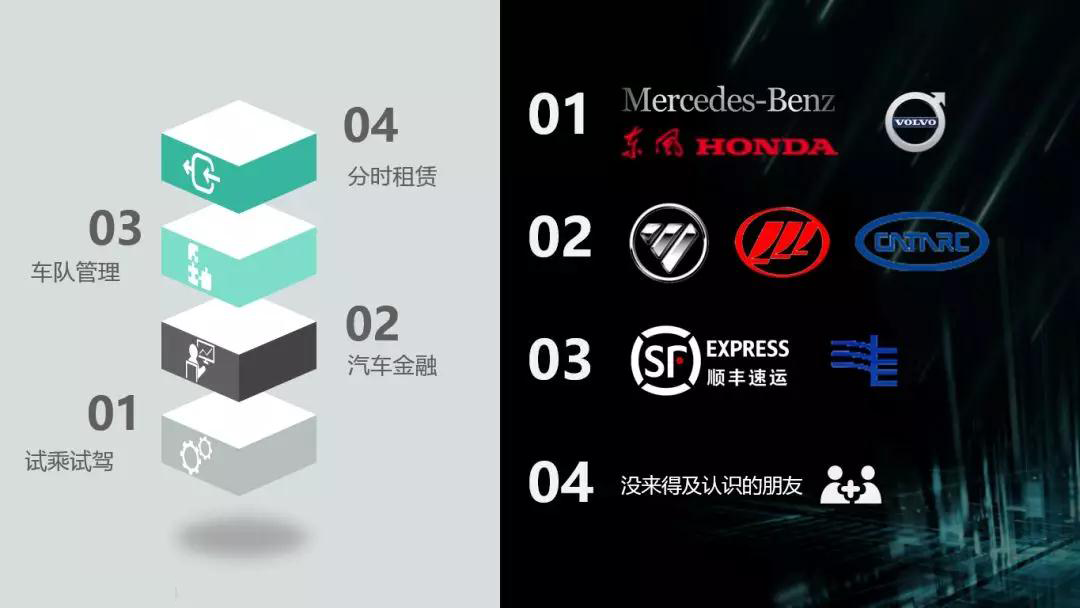Research and application of time-sharing rental vehicle terminal
On May 31, 2018, the two-day 2018 China New Energy Automobile Industry Summit Forum closed. Nearly 200 people from all over the country attended the meeting, including leaders at the ZF level. We have our partners, friends in the industry, experts and doctors. On the whole, the next day's meeting is the most dry goods, the most Wonderful, because the first day is indeed the yan (jiang) in the (chao) sense (shi), and even the "experts" said that "new energy vehicles are neither energy-saving nor environmentally friendly", listened to Ray Deme Urgent inside.
Looking back at Huafeng Capital Investment Director Liu Xiaoyu once said that time-sharing leasing has been eager to try from the initial hesitation, and the development prospects of time-sharing leasing are being recognized by more and more investment institutions. To this end, Sequoia, Shun is a number of domestic capital and other well-known domestic investment institutions also seem to illustrate this point, a new battle is about to start.
The difference between a shared car and a shared bicycle is that the parties involved in the war are extremely complex. Internet startups, host manufacturers, traditional leasing companies, Internet giants, traditional car rentals, platform service providers, etc. all want to take a slice of the time-sharing market.
Zhu Xiaohu of Jinshajiang once said that heavy assets are suitable for C2C (Drip) and light assets are suitable for B2C (OFO). Both models can keep the business growing rapidly and monopolize the market. He also made relevant analysis in the time-sharing field: time-of-day car rental is heavy assets + B2C + heavy operations, and the cost of a car is 200 times that of a bicycle. In other words, the cost of paving 30,000 units ofo is only enough for 300 cars, which is not a series of operating costs such as subsequent charging, parking, dispatching, maintenance, etc.
The reason why you chose to enter the time-sharing leasing industry was well understood. Stepping on the “sharing” of the wind, you aimed at the car’s heavy assets. Once the industrial barriers of heavy assets are formed, they are easily unable to move. But once the strength of the company is not up to the "high vision" in the early days of the establishment, or the company's personnel ratio and management ability can not keep up with the operational needs, it will be very hard to play.
The views of the big guys are always so tall, I like to say the actual, half a month ago, we went to Yunnan. Yunnan is a province with abundant tourism resources. There are quite a few companies that do time-selling here. The entrepreneurs here say: "Every city will have different aspects in terms of terrain and policies. These must be considered before layout. Simple copying and pasting is not allowed. Take, according to local conditions, in order to seize the user."
For the analysis of travel under the same city, there are five application scenarios on the branch of timeshare lease, namely commuting, business, short-distance travel, consumer entertainment, cross-city vehicles, etc., which are mainly concentrated in cities with large population density. Central area, tourism center.
Different customer classifications, subdivided into models, there will be a variety of rental models in length and time, to meet the different travel needs of 2 people, a family, a team.
Time-sharing leasing as a long-chain industry involves not only new energy vehicles, but also the improvement of infrastructure such as charging piles. When the various industries on the chain are in an immature state, the ability to operate the platform is very important.
If the car is regarded as a mobile terminal, the management of the time-sharing cloud platform involved and the control of the “end”, the interaction between the end and the cloud becomes more important under the business structure of the cloud management. I remember that the US group has laid a similar "end" (network printer) in the store with all kinds of catering services. Every order from the "end" can enjoy the division of the US group. Get the corresponding return, this printer is also the control of the US Mission for the covered storefront.
Back in our car, the industry's management platform needs to be managed and controlled on this huge mobile terminal. On the parts, it is TBOX. A while ago, a friend asked for a demand. He said that I would open the door lock remotely. I don't need to control the power. I will return. If I turn off the car in the car, can you take me? The latter, maybe everyone wants to, repeat the ignition, whether it is blowing air conditioning, or continue to use the car, which will bring risks and costs to the enterprise. TBOX is not a locator plus two lines to get things (saving money), and not all cars need to install a key to start to control this rough thing (spend money), you are all stunned.
Most of the operating platforms have great dreams and determinations, ignoring the basic research of time-sharing leasing, both business and functional. For example: We are now targeting a variety of different customer needs. From their models, there are different types of gasoline vehicles, two and four different new energy vehicles, and electric cars. Trucks and light trucks also have a lot of luxury hybrid models. From the perspective of the models, the power system is different, the output is different, and the bus protocol is different. It has become a complex problem when the platform is applied.
In fact, these kinds of problems are testing the ability of TBOX. From the adaptation of the model to the data compatibility, there are different differences in the most complicated interactions such as interaction, timing, encryption and decryption, and polling. In addition, the finished models, their interfaces are complex and diverse. The easiest to understand is that there are high, medium and low distributions, different types of cars, different hardware interfaces, different brands of cars under the same brand, and even bus data are different. The cost of business communication is very high, and it is impossible to achieve rapid expansion of business. No matter what kind of new model is adopted, it needs to be re-initiated once, and the car-led travel company has relatively single models, which only meet the needs of some users. These difficulties and problems have led to incompatibility of platform models, which in turn affects the efficiency and control of platform operations.
Hardware TBOX is a key link. Although the future value is on the platform, as the “pipe” in the “cloud management”, it is the terminal of “energy flow, information flow, logistics” data, and also “use energy, energy storage, The collection of energy consumption is the information channel of “circular economy, low carbon economy and energy economy”. Adapted to a large number of models and CAN protocol analysis for a variety of different vehicles, these are dirty and lively, basically based on the test on the car, which is determined by the complexity of the car in the previous paragraph. The development of new energy vehicles is particularly fast, and the replacement of auto parts suppliers is extremely frequent. These are essential practical work.
The underlying technology is fixed, and there are interfaces. Most of the interface protocols of GB32960 are now used, which are subsidized dedicated channels, and are not suitable for application-type interfaces. In the above complex models and complex underlying layers, if there is no standardized interface protocol, the interaction between the terminal and the cloud will lead to complex and diverse development interfaces. Each post of the ABCD at the protocol layer is important, and each is not important, and it is processed. Various variables and action instructions are confusing. Handle these things well, and go to the application layer, database, APP interface, WEB, etc. to complete the whole set of platforms.
The data has arrived at the platform, how to use it, how to expand it, if it has not been studied in the industry, it is really not so clear. Now all kinds of platforms say that they are vertical platforms. In fact, we only need to be vertical and the automotive field, this is fine. The data application and business form of the bread culvert is really much. If I said that it is not in place, wrong, please leave a message. Let me give an example of data from industry applications:
In the time-sharing field: the control category includes: unlocking, locking, finding a car (flashing whistle), lifting the window (if you can prevent it with a clip), the monitoring status category includes: door status, rear box status Whether the key is inserted into the keyhole state, the key position, the lamp signal, the parking brake, the frame number, the total mileage, the vehicle speed, the power control (enable), the charging status, the remaining battery percentage, and the cruising range. These are the information and functions used in the time-sharing field. Fortunately, Chery, BAIC, JAC, Lanshi, Haima, Yujie and many other car manufacturers have rental models, and also unify the relevant physical interfaces, which is worth promoting.

Expanding to the automotive peripheral business, we have mature customers using this type of data for your reference:

Auto finance: GPS location information, power control, speed, key status, total mileage.
Fleet management: cruising range, remaining capacity (oil volume), GPS, VIN, total mileage, vehicle speed.
Test drive: key status, door status, VIN, total mileage, GPS, small mileage (current mileage), remaining fuel, vehicle speed, fault light status:
Advanced driver assistance system: speed, steering angle, turn signal, gear
